The Ripple Effect
-News and Commentary-
Silent Agreements: When Truth Becomes a Risk
- Home
- News and Commentary
- Silent Agreements: When Truth Becomes a Risk

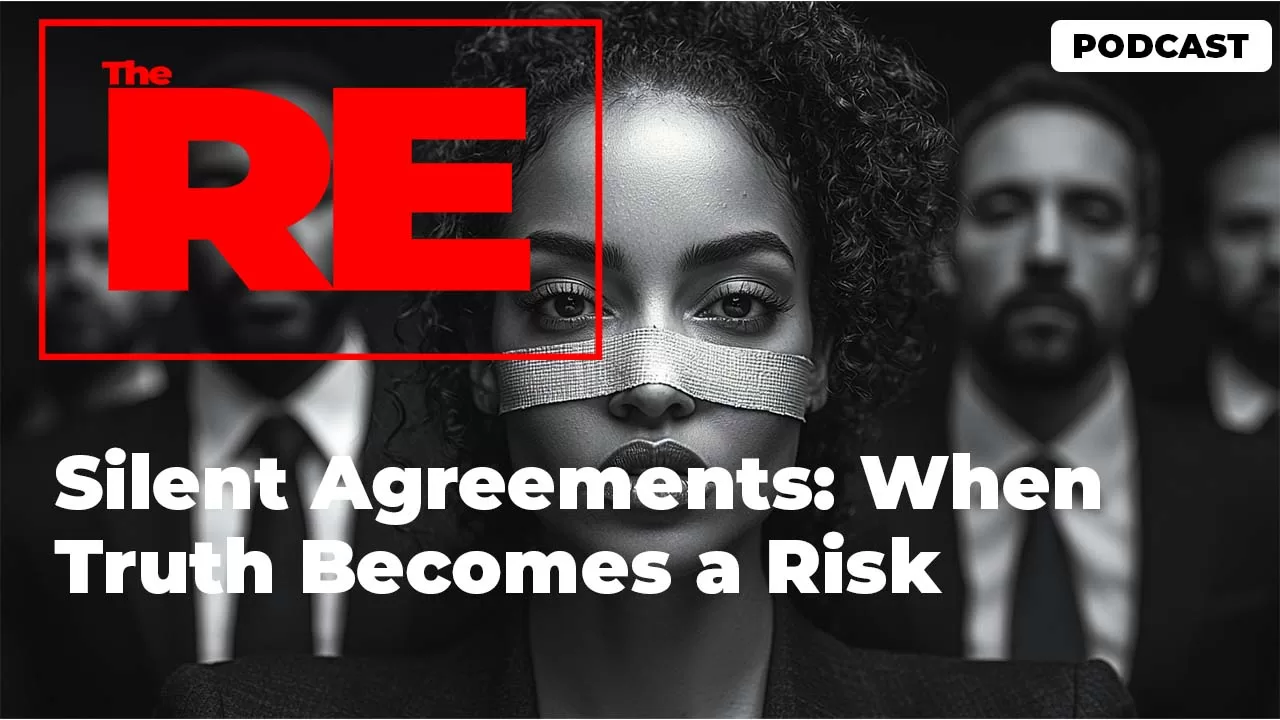
Let’s be real—this country has never been louder. Especially white folks. Since Trump, the filters are off. People are saying what they feel, no matter how offensive, racist, wrong, or flat-out dangerous it is. White nationalists, far-right “patriots,” everyday uncles with opinions—they’re not hiding. They’re on camera. On TikTok. At school board meetings. On stage at rallies. They’re speaking with their whole chest, no hesitation, no shame, no code-switching. And they’re calling it “free speech.”
But on the other side of that same conversation, Black and Brown people—especially in professional spaces—are still being told to stay polite. To be careful. To “bring concerns forward constructively.” To “not alienate potential allies.” You can name injustice, but only if you smile while doing it. You can call out racism, but only if it doesn’t make anyone in the room feel uncomfortable. That’s the rule. Whether it’s said directly or not, the expectation is clear: you can talk, but you better not shake the table.
And the irony is—it used to be flipped. There was a time not long ago when white folks claimed to value civility. Claimed to hate shouting. Claimed they didn’t like things getting political. But now? They’re showing up in Target parking lots with guns and grievances. They’re storming school meetings with conspiracy theories about CRT. They’re running for office on slogans like “anti-woke” and “pro-America,” and when they get called out, they don’t apologize—they double down.
So what happened?
What happened is: they’ve realized they can get away with it. That there’s no real consequence for being loud if you’re speaking for the dominant culture. That platforms won’t cancel you if you generate clicks. That companies won’t drop you if you bring in votes. That truth doesn’t matter nearly as much as visibility. And the more you perform rage, the more “authentic” you’re seen to be.
Meanwhile, on the other side, we’re shrinking. Not because we’re afraid of being wrong—but because we’ve seen what happens when we’re right and still get punished. You speak up in a meeting about lack of representation, and suddenly you’re “not a team player.” You point out how a policy disproportionately harms your community, and you get labeled “emotional” or “aggressive.” Doesn’t matter how calm you say it. Doesn’t matter how many facts you bring. The reaction isn’t about truth. It’s about comfort.
And so we adjust. We second-guess. We draft emails and sit on them. We practice what we’re going to say out loud before the meeting. We ask a friend to read it first. We change the wording. We delete half the message. Not because the words were wrong, but because we know the wrong person will read it and miss the point—and then make us the problem.
That’s the silent agreement. Not between equals, but between the dominant structure and those expected to move quietly within it. The agreement is: you can exist, but don’t disrupt. You can critique, but only if you couch it in politeness. You can name injustice, but don’t connect it too directly to power. And if you do? There’s a cost.
And that cost doesn’t hit everyone the same. White colleagues can say something wild and still get invited to lunch. Still get the promotion. Still get the benefit of the doubt. But if you’re Black, Latino, Indigenous, or Asian—and especially if you’re first-gen, still building, still navigating the rules—then saying the same thing could mean the door quietly shuts behind you. You won’t even hear it close. You’ll just stop getting invited to things. Stop getting opportunities. Stop being seen as “collaborative.”
It’s not censorship in the traditional sense. It’s not someone deleting your words or banning your book. It’s subtler. It’s corporate. It’s social. It’s reputational. It’s what happens when telling the truth makes people uncomfortable and the people who are uncomfortable hold power.
And it’s effective. That’s the problem. It works. Because you get tired. Because you start thinking, Maybe it’s not worth it this time. Because you’ve got a family, or a career, or a reputation to protect. So you stay quiet. Not because you want to—but because the price of being honest keeps going up, and you’re not sure how much more you can afford to pay.
And the people who benefit from that silence? They know exactly what they’re doing.
This is not breaking news. We don't report the news. We Unpack it. Explain it. And analyze what it means.
Click this button to add us to your home screen.
The silencing isn’t polite anymore. It’s political. And it’s coming from the top down.
This isn’t 2020, where corporations were stumbling over themselves to drop statements about diversity and inclusion. That moment’s dead. Now? DEI isn’t being ignored—it’s being dismantled. Scrubbed. Reversed. State by state, department by department, company by company. What used to be seen as safe language—equity, representation, inclusion—is now treated like a liability. You say it too loud, and suddenly your entire institution is in someone’s crosshairs.
People used to whisper around race because it made the room uncomfortable. Now they whisper because it might get them fired.
And it’s not just a vibe. It’s not imagined. The fear is real—and institutional. I’ve been in rooms with high-level professionals, people deep inside the legal world, and the message is clear: don’t say too much. Don’t bring up Trump. Don’t even joke about DEI. Not on record. Not on camera. Not even in casual interviews. These are people trained in risk management, and they’re still backing away from certain topics like it’s radioactive. Not because they don’t care—but because they know how fast that heat can come down if the wrong quote ends up in the wrong hands.
That’s not discretion. That’s survival instinct.
And it’s not just about what you say—it’s about who you are when you say it. White folks, especially since Trump, can say whatever they want. Racist, reckless, loud—it doesn’t matter. They’re still protected. They’re still platformed. They can scream about immigrants and “woke culture” and wave Confederate flags at school board meetings and walk right into jobs, office seats, and interviews the next day. But if you’re a Black woman in HR or a Latino teacher in Texas, and you bring up equity? Now you’re the threat. Now you’re “divisive.” Now you’re on someone’s list.
That’s how this system works. It’s not about free speech. It’s about controlled speech. Selected speech. The kind that makes power comfortable. The kind that doesn’t ask for accountability.
And now that power feels like it can stop pretending.
Even in so-called “liberal” spaces, the message is shifting. You don’t need an official memo. You can feel it. People aren’t saying less because they’ve run out of things to say. They’re saying less because they’ve seen what happens to the ones who speak up. Not just Twitter backlash. Real consequences. Loss of funding. Public shaming. Investigations. Career stalls. Quiet removals. Once upon a time, you might have gotten a warning. Now? You get a target on your back.
And it’s not just corporations. Schools are banning books. States are banning curriculum. Professors are being fired or blacklisted for even mentioning the history of racism, colonialism, gender identity. Nonprofits are being told to “keep it neutral.” Artists are being told to stick to art. Journalists are being pushed to “both sides” everything—like there’s two valid takes on human dignity.
Even internal culture has changed. It used to be that people of color in leadership would try to carve out space. Push a little harder. Bring others up behind them. Now? They’re looking over their shoulder. They’re being told to scale back. Told to “de-risk.” Told to distance themselves from the very causes that made their leadership necessary. And some of them are doing it—not because they believe in the pullback, but because they know what happens if they don’t.
What you’re seeing now isn’t a vacuum—it’s a shutdown. A coordinated one. One where silence isn’t just encouraged, it’s expected. And when that kind of silence sets in, it doesn’t just suppress dissent—it rewrites the entire tone of the room. It becomes contagious. People who used to speak freely start hesitating. People who used to challenge power start calculating. Not because they’re cowards. Because they’re tired. Because they’re watching what happens to the loud ones and deciding it’s not worth the fallout.
But that’s how it stays alive. That’s how the system holds.
By making you feel like you’re the only one still thinking it.
By getting everyone to act like the crisis is over—even when the smoke hasn’t cleared. By training people to perform neutrality while injustice repositions itself in plain sight. And by making sure that the punishment doesn’t land on the truth—but on the person who dared to speak it out loud.
There’s a cost to all this silence, and it’s not abstract. It’s real. Tangible. Measurable in who gets promoted, who gets protected, who gets erased. And it’s not just about the people being silenced. It’s about what the silence allows to survive. What it protects. What it permits.
Because every time someone edits themselves to keep the peace, the lie gets stronger. The system gets cleaner. More polished. More plausible. People point to the lack of conflict and call it “progress.” They say, “See? It’s not that bad anymore.” Not because the injustice is gone, but because the pushback went quiet. Because folks got tired. Or scared. Or practical.
But the silence isn’t passive. It creates a false consensus. A fake sense that we’ve moved on. That the fight is over. That we’re all on the same page now. And if you try to break that silence? If you call it out for what it is? You’re seen as the one bringing up old stuff. Stirring the pot. “Making it about race.” Even when it’s only about race. Or power. Or class. Or truth.
This is what happens when we make the comfort of the powerful more sacred than the dignity of the oppressed.
And we’ve got to be honest—some of us have learned to survive by being strategic. We’ve learned how to talk around things. How to vent in private but stay quiet in public. How to drop hints instead of direct lines. Not because we’re weak, but because we’ve seen what happens when you lead with the truth in the wrong room.
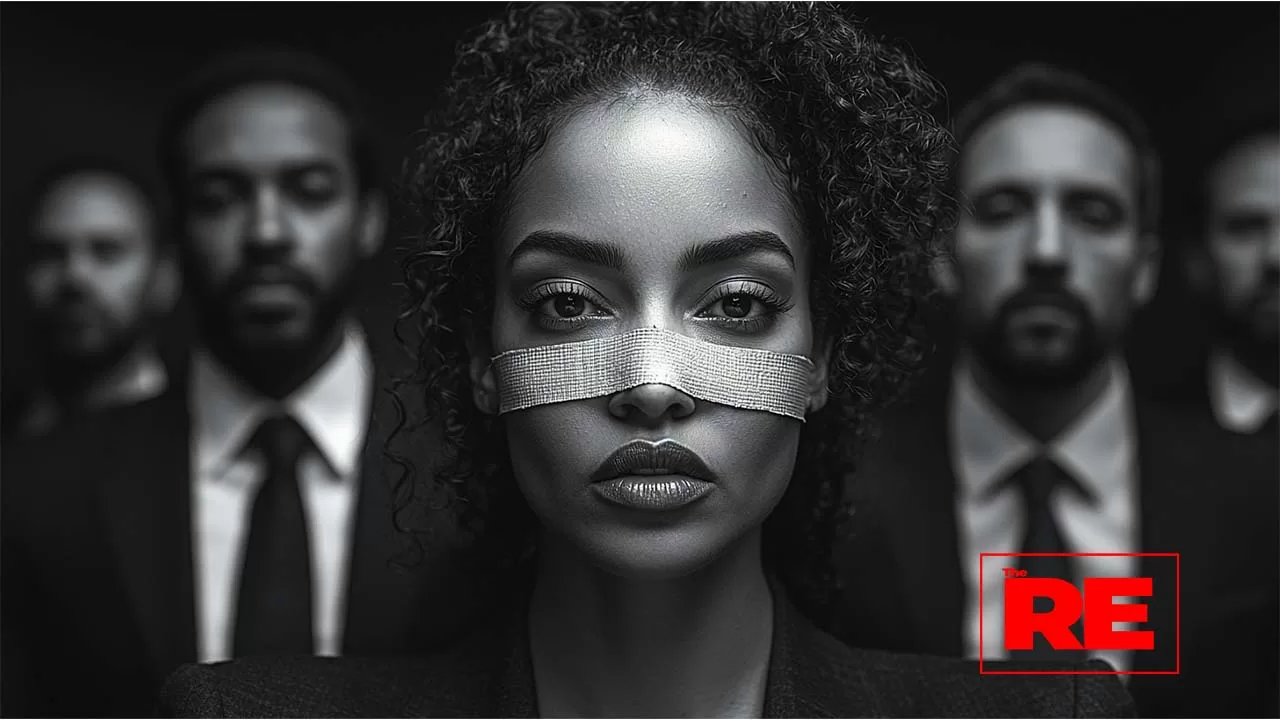
But the longer we do that, the more the system counts on it. It learns that if it makes the price high enough, we’ll do the silencing ourselves. We’ll coach each other to say less. We’ll write entire statements that say everything except what actually needs to be said. We’ll call it “measured.” We’ll call it “thoughtful.” We’ll call it “timely.” But really, we’re just trying to keep the door open without breaking it.
The problem is, some doors need to be broken.
You can’t disrupt a system while also trying to be perfectly digestible to the people it was built for. You can’t say “we need equity” and then flinch every time someone accuses you of making them uncomfortable. Because the truth should make people uncomfortable. It’s supposed to. That’s how you know you’re getting close to something real.
The people who built these structures weren’t worried about being palatable. They used fear. They used policy. They used silence as a weapon. So why do we keep thinking we’re going to fix it by asking nicely?
And listen, I get it. Not everyone has the same position. Not everyone has the same risk tolerance. Some people are holding jobs, families, health, legal status, all of it. So no, this isn’t about shaming folks for not being louder. It’s about naming the fact that when we do speak, we cannot keep doing it on their terms.
Because that’s what they count on. They count on us still needing the job. Still needing the access. Still needing the seat at the table. And as long as we need them, they can tell us how to speak. How to move. How to show up. As long as we want in, they control the rules.
But the moment we stop needing their table? The moment we build our own space and speak without asking? That’s when they panic. That’s when the machine starts to crack. Not when we go viral. When we go free.
And that’s the shift. That’s the real call: stop making your truth smaller just to survive the meeting. Start building places where your truth isn’t a threat—it’s the baseline. And if those spaces don’t exist yet? Then build them. Fund them. Back them. Not as “alternatives”—as the new center.
Because truth that stays quiet might keep you safe for a while. But it’ll never move anything. It won’t change policy. It won’t shift power. It won’t save the next person coming behind you from the same silence.
We didn’t get here overnight. And we won’t fix it overnight either. But we sure as hell won’t fix it by whispering. One story. One truth. One ripple at a time. This is The Ripple Effect, powered by The Truth Project.

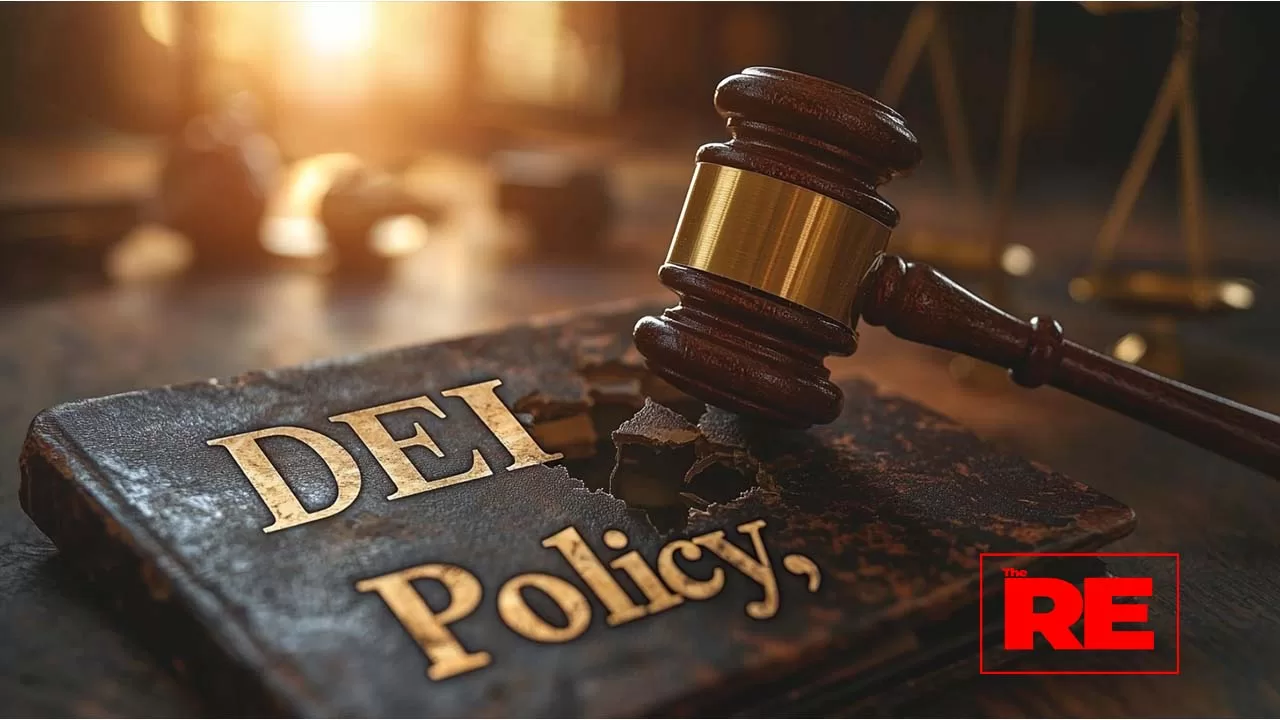
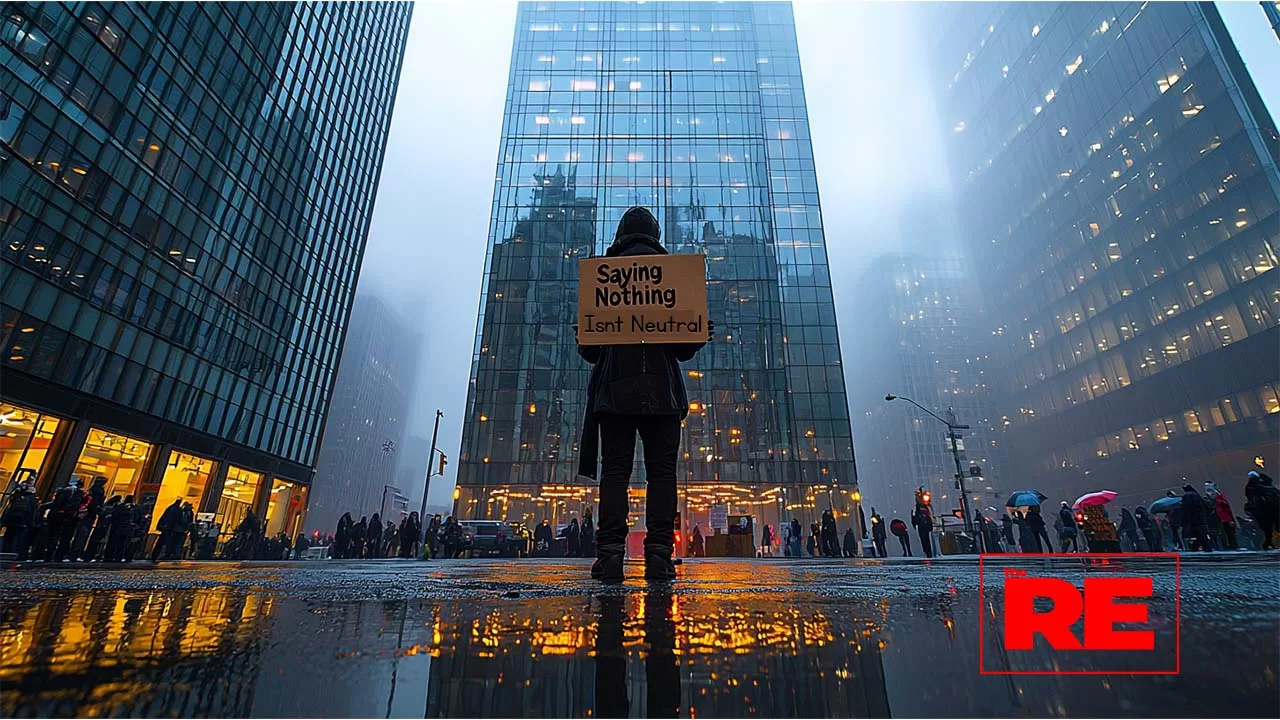
This is not breaking news. We don't report the news. We Unpack it. Explain it. And analyze what it means.
Click this button to add us to your home screen.
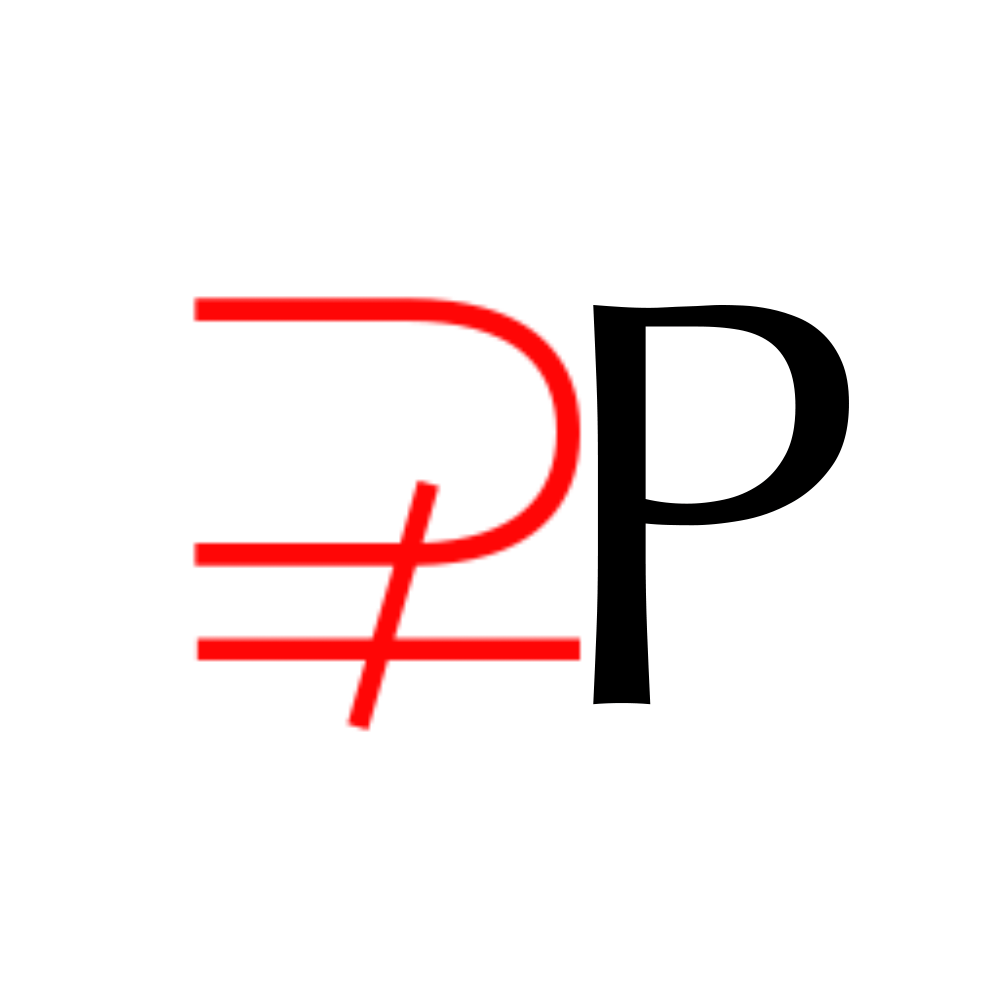
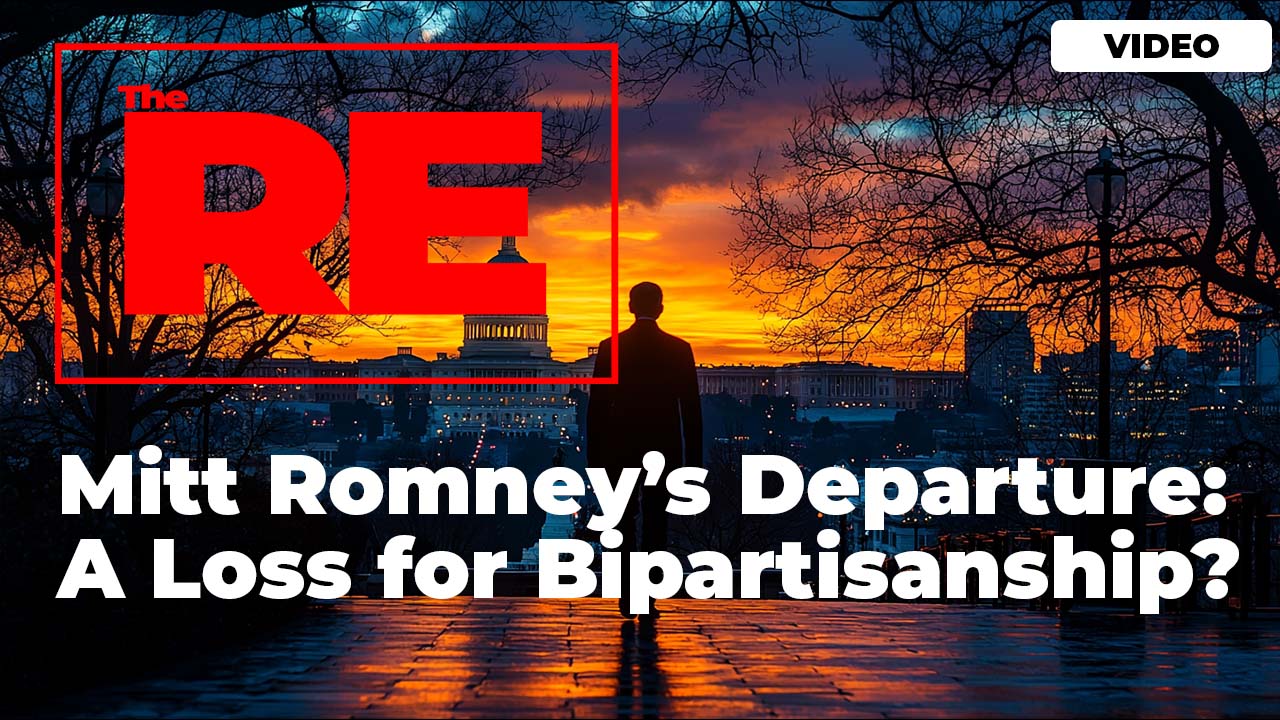
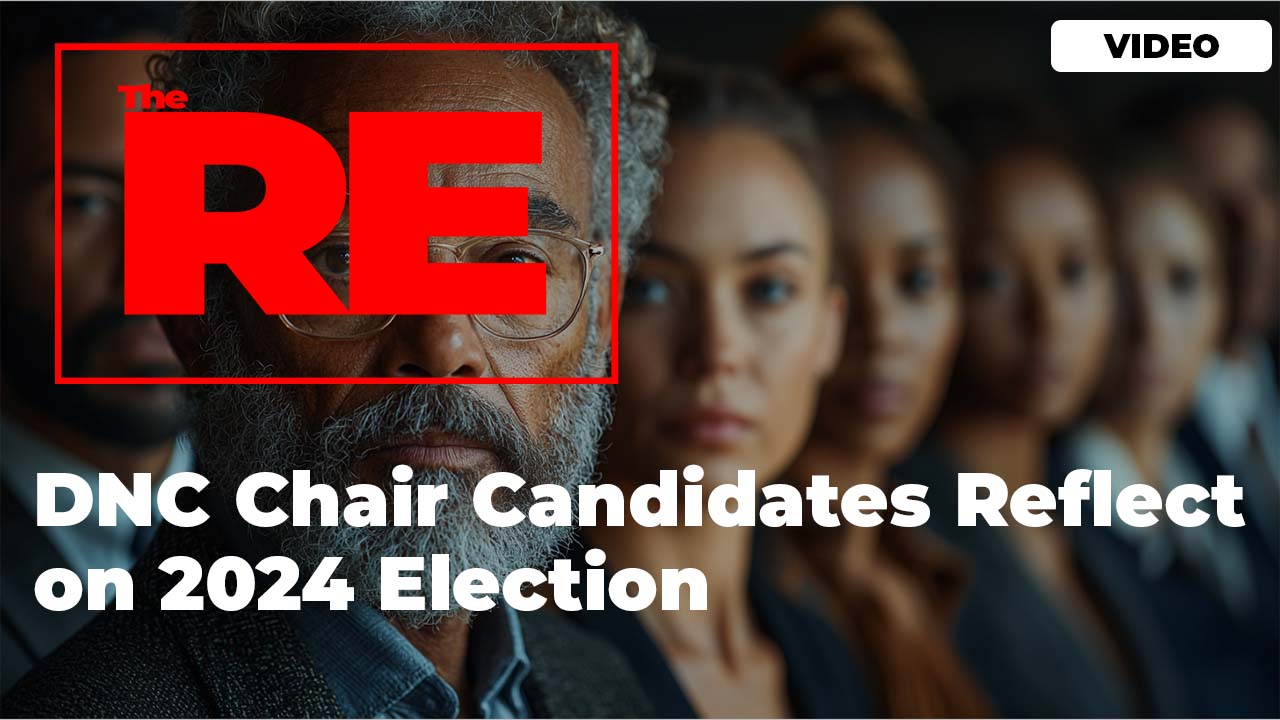
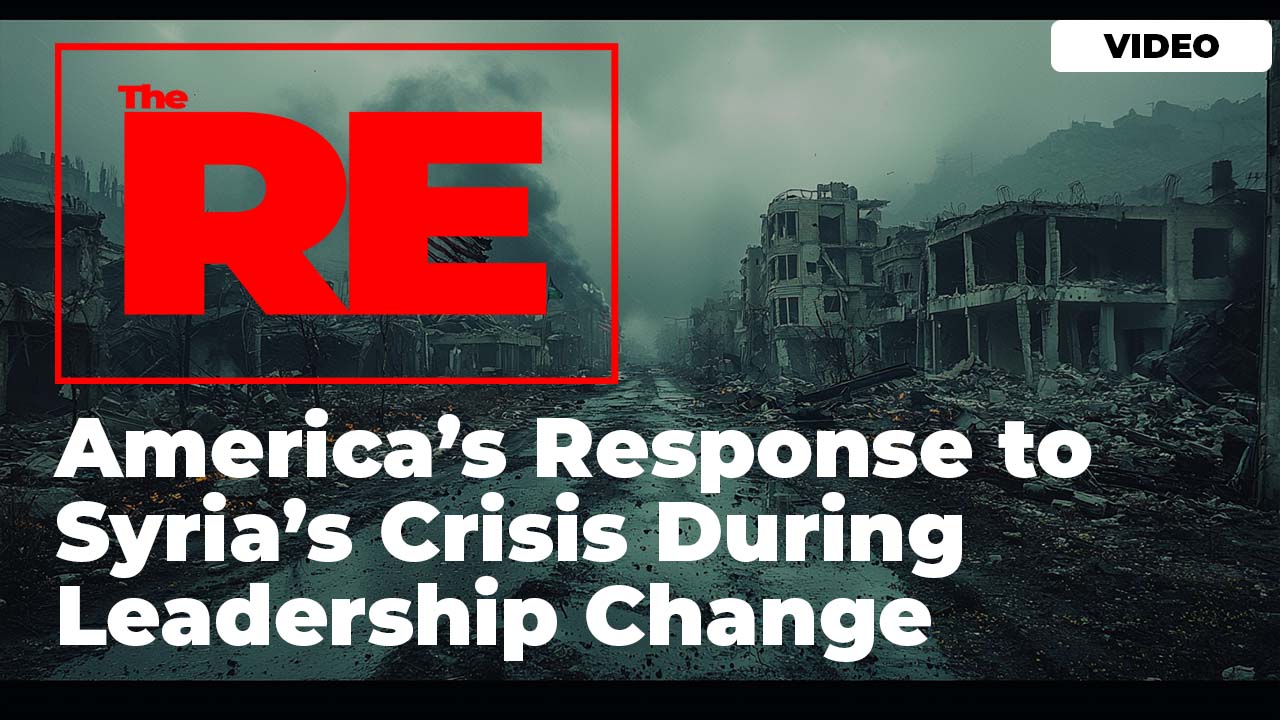

 and then
and then